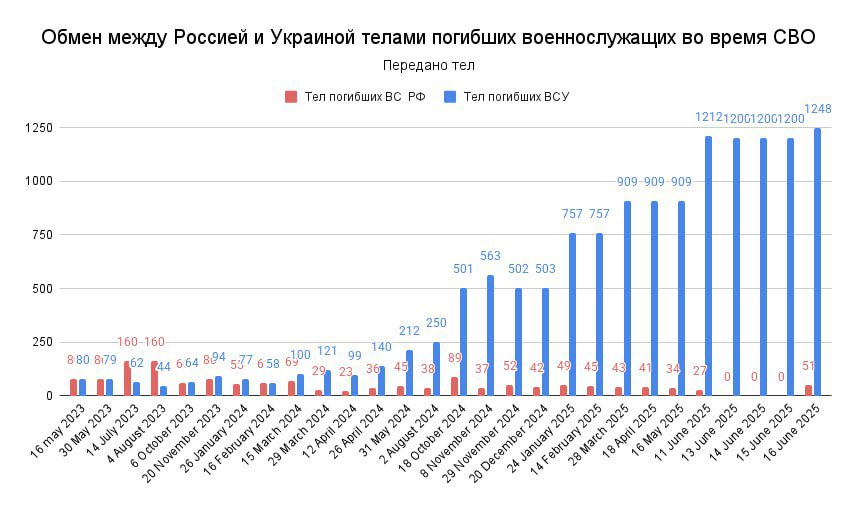Fundamentally, both Russia and Ukraine face organizational challenges, though of different kinds. Ukraine suffers from delayed mobilization and delayed structural adaptations, while Russia struggles to translate its vast resource advantage into a combined and coordinated force:
2/ For example, Russia continues to rely on small tactical group not only due to Ukrainian drones, but also because it struggles to effectively organize combined-arms operations above the battalion. Reverting to smaller units is forced choice - they remain possible to coordinate.
3/ Even when Russia concentrates large forces in a relatively small area, it struggles to fully exploit that advantage. Lacking the ability to generate overwhelming force at once, it instead resorts to gradually deploying small units in an attempt to wear down Ukrainian defenses
4/ Ukraine, on the other hand, faces similar difficulties in managing larger units, but also struggles with force generation - due in part to delayed mobilization decisions during the critical window of opportunity in 2022 and early 2023.
5/ I don’t think either country has the ability to resolve these issues at this stage of the war, as they have become deeply entrenched. While a shortage of personnel can be partially offset by drones/precision-guided munitions at scale, it is by no means a silver-bullet solution
6/ Neither side appears positioned to overcome these challenges, as they require long-term efforts that would take at least 5 to 10 years to yield results. Therefore, any attempt to conclude the war will likely require either balance shifts or far more radical approaches.
• • •
Missing some Tweet in this thread? You can try to
force a refresh








